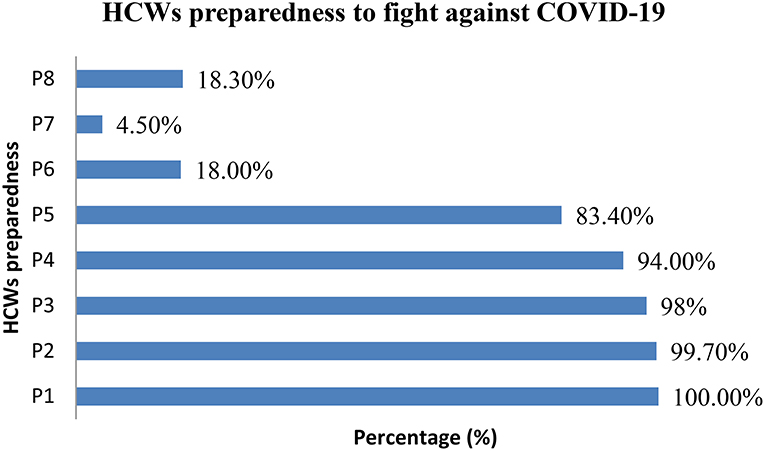

Last but not least, over 50% of all the citations to Social Science articles were only found by Google Scholar. Moreover, Google Scholar appeared to be a superset of Web of Science and Scopus, as it was able to find 93% of the citations found by Web of Science, and 89% of the citations found by Scopus. The results by broad areas showed that Google Scholar was able to find most of the citations to Social Sciences articles (94%), while Web of Science and Scopus found 35% and 43%, respectively.

This new sample, which amounted to just below 2.5 million citations, gave us a more detailed picture of the relative differences in coverage across the three databases, not only at the level of broad areas, but also for each of the 252 subject categories. We later decided to dig deeper into this issue, and for all the highly-cited documents in the sample, we collected the complete list of citations that each of the three databases provided, and identified the overlapping and unique citations. In most cases, the cause was that the database did not cover the journal at the time the article was published. The results showed that, even within this highly-selective set of documents (all published in English), a significant amount in the Social Sciences and Humanities were not covered by the selective databases. This comparison favours Google Scholar, since it is the original source of the documents, but is nevertheless a reasonable test since it seems that any scholarly database ought to have quite comprehensive coverage of highly cited documents. For a sample of over 2,500 very highly-cited documents across 252 subject categories that Google Scholar released in 2017, we checked whether the documents were also covered by Web of Science and Scopus. We have recently tested the differences in coverage in these three data sources across subject categories.

Nevertheless, it leads to the presence of technical errors in the platform, such as duplicate entries that refer to the same document, incorrect or incomplete bibliographic information, and the inclusion of non-scholarly materials. For its part, Google Scholar’s inclusive and unsupervised approach maximises coverage, giving each article “the chance to rise on its own merit ”. Indeed, evidence has shown that these databases have limited coverage in the areas of Social Sciences and Humanities, literature written in languages other than English, and scholarly documents other than journal articles. The selective approach of Web of Science and Scopus produces a curated collection of documents, but is sensitive to biases in the selection criteria. Conversely, Google Scholar follows an inclusive and automated approach, indexing any (apparently) scholarly document that its robot crawlers are able to find on the academic web.Įach approach has its pros and cons. Web of Science and Scopus rely on a set of source selection criteria, applied by expert editors, to decide which journals, conference proceedings, and books the database should index. However, although an understanding of the basic characteristics of these services is needed for effective literature searches and for deciding whether their indicators are appropriate for use in research evaluations, the differences between these databases in terms of coverage and reliability of the data are still not widely known.Ī crucial aspect in which these services differ is in their approach to document inclusion. Researchers routinely use databases such as Google Scholar, Web of Science, and Scopus to search scholarly information and consult bibliometric indicators such as citation counts. In this post, Alberto Martín-Martín, Enrique Orduna-Malea , Mike Thelwall, Emilio Delgado-López-Cózar, analyse the relative coverage of the three main research databases, Google Scholar, Web of Science and Scopus, finding significant divergences in the social sciences and humanities and suggest that researchers face a trade-off when using different databases: between more comprehensive, but disorderly systems and orderly, but limited systems. For social scientists this process is increasingly likely to take place on Google Scholar, closely followed by traditional scholarly databases. Being able to find, assess and place new research within a field of knowledge, is integral to any research project.


 0 kommentar(er)
0 kommentar(er)
